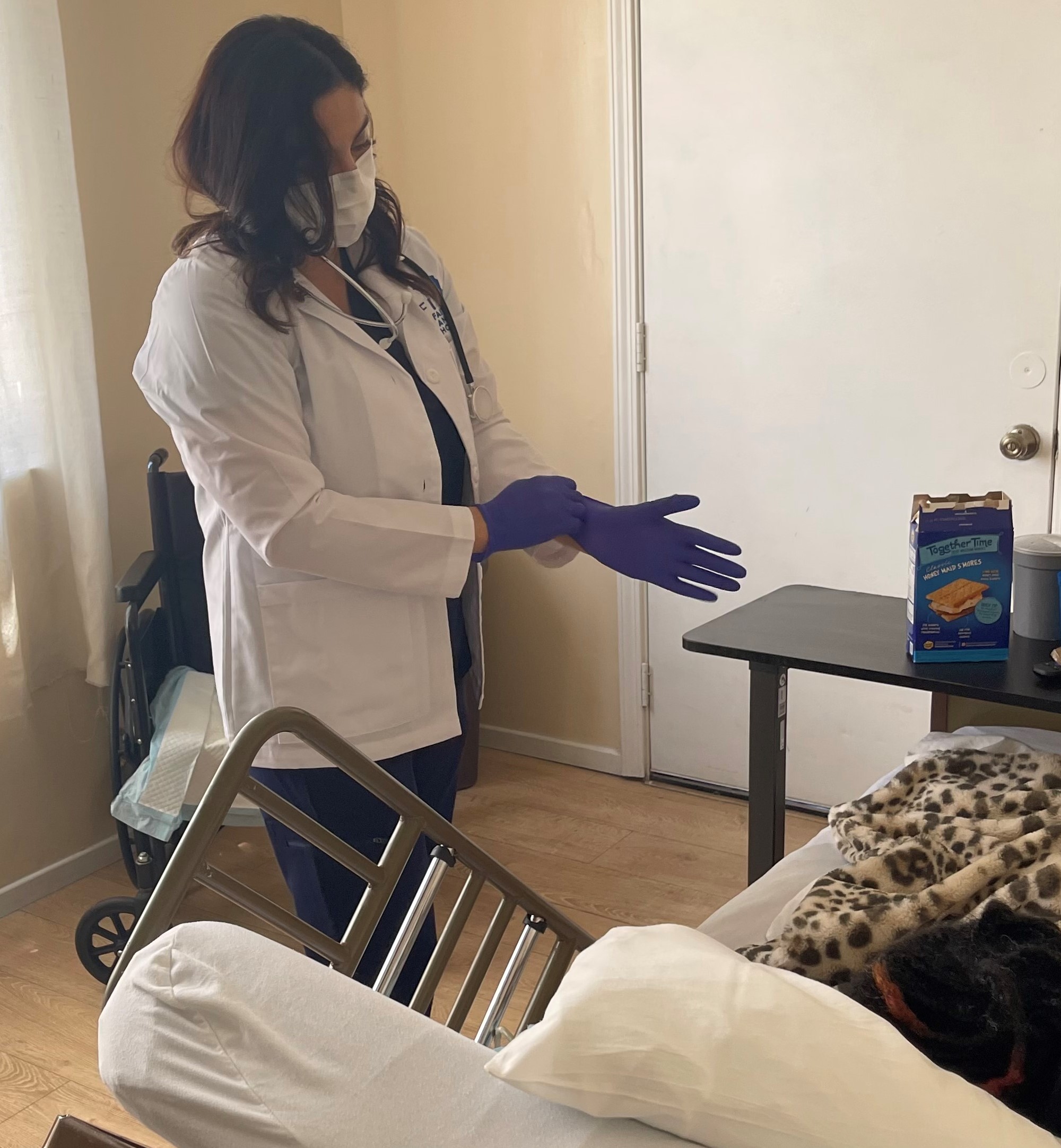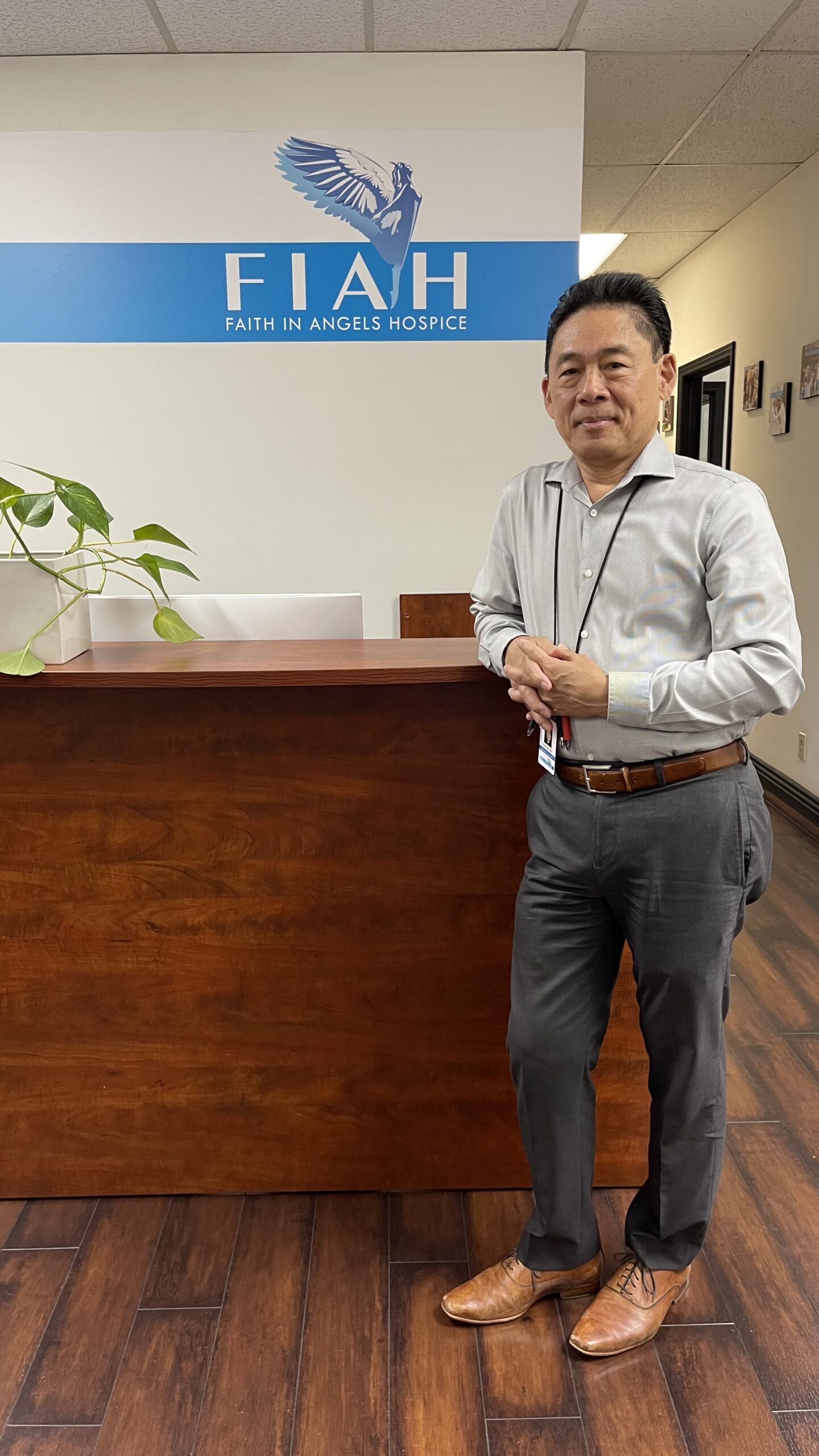Home Palliative > Palliative vs. Hospice
Understanding the differences between palliative care and hospice care is crucial when considering the appropriate care options for a loved one with a serious illness. While both types of care focus on providing relief from symptoms, improving quality of life, and offering emotional support, they serve distinct purposes and are applied at different stages of an illness. This page will help you understand the key differences between palliative and hospice care to make informed decisions about the best course of action for your loved one.
Palliative Care
As previously mentioned, palliative care is an interdisciplinary approach to managing serious illnesses by addressing physical, emotional, social, and spiritual needs. Some key features of palliative care include:
-
Applicable at any stage of illness: Palliative care can be initiated at any point during a serious illness, even when curative treatments are being administered. It is not limited to the advanced stages or end-of-life care.
-
Compatibility with curative treatment: Palliative care can be provided alongside other treatments aimed at curing or managing the illness. It helps manage side effects, improve patient comfort, and enhance the effectiveness of curative therapies.
-
Comprehensive and holistic approach: Palliative care involves a team of medical professionals, including doctors, nurses, social workers, and spiritual counselors, who work together to create a personalized care plan for each patient.
Hospice Care
Hospice care, on the other hand, is a specialized form of care focused on providing comfort and support to patients in the final stages of a terminal illness, when curative treatments are no longer beneficial or desired. Some key features of hospice care include:
-
Focus on end-of-life care: Hospice care is designed for patients who have a life expectancy of six months or less, as determined by their physician. It prioritizes comfort and quality of life over aggressive medical interventions.
-
Discontinuation of curative treatments: Unlike palliative care, hospice care is provided when curative treatments have been stopped or are no longer beneficial. The focus shifts to managing symptoms and providing comfort in the patient’s final months or weeks of life.
-
Interdisciplinary team approach: Like palliative care, hospice care involves a team of medical professionals who collaborate to provide comprehensive support to the patient and their family. This includes addressing physical, emotional, and spiritual needs, as well as offering bereavement support for the family after the patient’s death.
-
Home-based care: Hospice care is typically provided in the patient’s home or a home-like setting, although it can also be offered in dedicated hospice facilities, nursing homes, or hospitals. The goal is to create a comfortable and familiar environment for the patient and their family during this challenging time.
In summary, while both palliative and hospice care focus on providing relief from symptoms, improving quality of life, and offering emotional support, the key differences lie in the stage of illness and the presence or absence of curative treatments. Palliative care can be initiated at any stage of a serious illness and is compatible with curative treatments, while hospice care is designed for patients in the final stages of a terminal illness, when curative treatments are no longer beneficial or desired. Understanding these distinctions will help you make informed decisions about the appropriate care options for your loved one.


Our services
Learn more about our services
Physician
Hospice physicians make the ultimate decision – they evaluate the patient …
Nursing
The nurse plays a crucial role in the patient’s care plan starting from …
Case Management
Hospice case managers do just that, manage the case. They are looking at …
Social Work
While the Faith in Angels Hospice nurses and physicians care for the patients…
Home Health Aide
Although the home health aides follow the plan of care developed by the …
Chaplain
Faith in Angels Hospice is proud to provide chaplain services for our …
Volunteers
Although volunteers are not a part of the hospice interdisciplinary care …
Emotional and Spiritual Care
It’s natural to think of doctors and nurses providing medical treatment …

A sincere thank you to all of you for your care and assistance for our mom, Lucille Ledoux, while she was on hospice. You helped make her more comfortable and we know she enjoyed your visits and all arrangements on her behalf. We are grateful for all your care!


